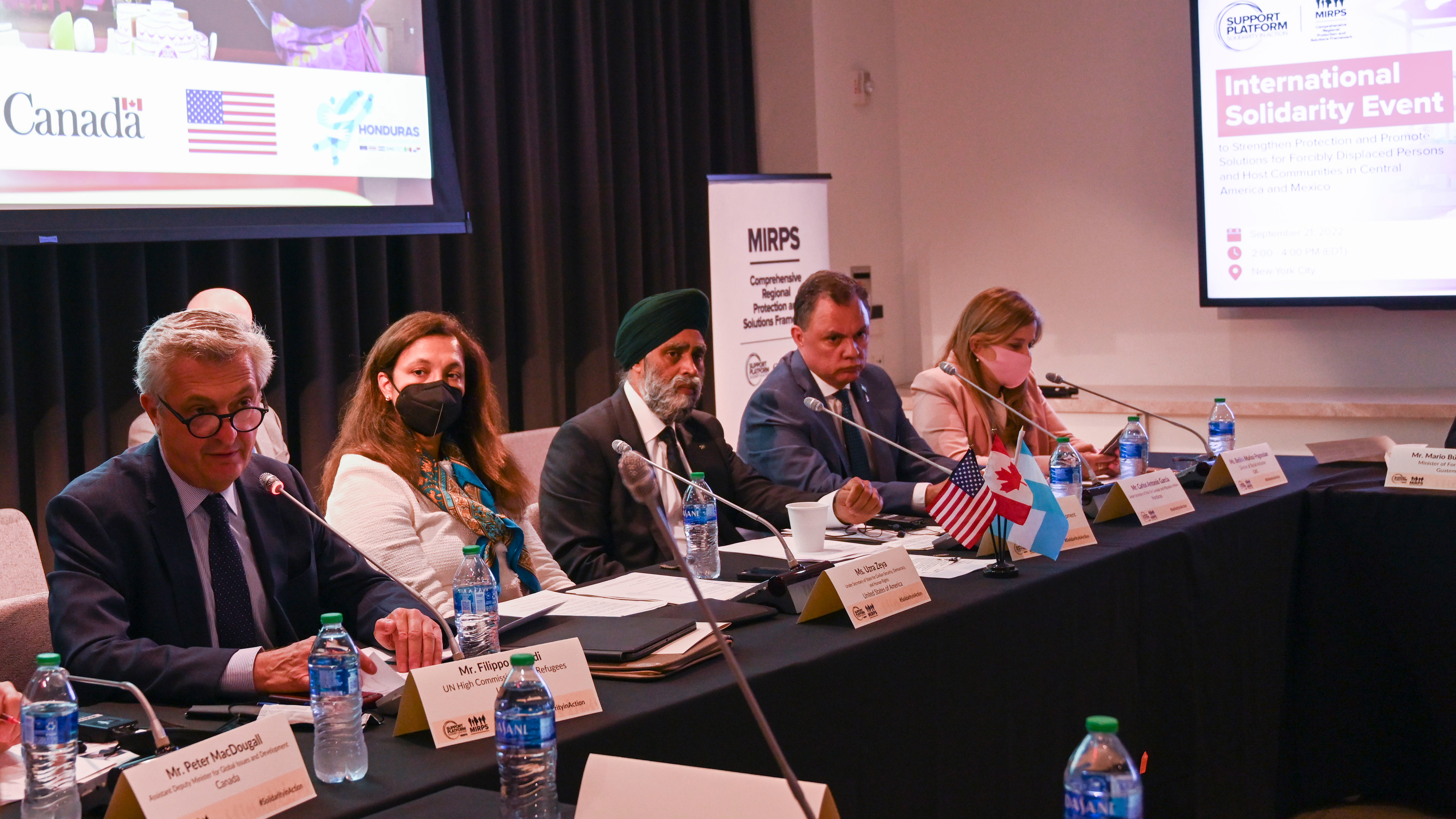Canada: important court ruling
Canada: important court ruling
UNHCR welcomes the recognition by the Canadian Supreme Court of the need for states carefully to balance domestic security concerns with human rights protection. In a decision released on January 11, 2002 in the case of Manickavasagam Suresh v. Minister of Citizenship and Immigration, the Court held that Mr. Suresh, a Convention refugee from Sri Lanka whom the government was seeking to remove from Canada and who claimed that he would face torture if deported, was entitled to a new deportation hearing.
At the same time, the Court held that deportation to face torture might be allowed in "extraordinary circumstances", saying that the "ambit of an exceptional discretion to deport to torture, if any, must await future cases." In UNHCR's view, the prohibition of return to torture contained in Article 3 of the Convention against Torture is not subject to exception. The non-derogable nature of that provision makes it all the more important for the international community to develop mechanisms which allow states to bring suspected terrorists and other dangerous individuals to justice.
UNHCR had intervened in this case, outlining the agency's interpretation of the principle of non-refoulement contained in the 1951 Refugee Convention, and its relationship to Article 3 of the 1984 Convention against Torture.
In its decision, the Court emphasizes that both domestic law and international norms reject torture, and that torture is inconsistent with fundamental justice under Canadian law. It clarifies that Article 3 of the Convention against Torture, which prohibits the deportation of individuals where they would face a substantial risk of torture, complements the protection provided by the 1951 Refugee Convention. The Court stresses that the government's discretion to deport persons who pose a danger to the security of Canada is not unlimited. Persons being deported are entitled to due process, the Court said. They must be informed of the case against them, and have a possibility to respond. The Court cautioned the government against relying too heavily on a state's assurances that it will refrain from torture in the future, where it has engaged in torture or allowed others to do so in the past.








